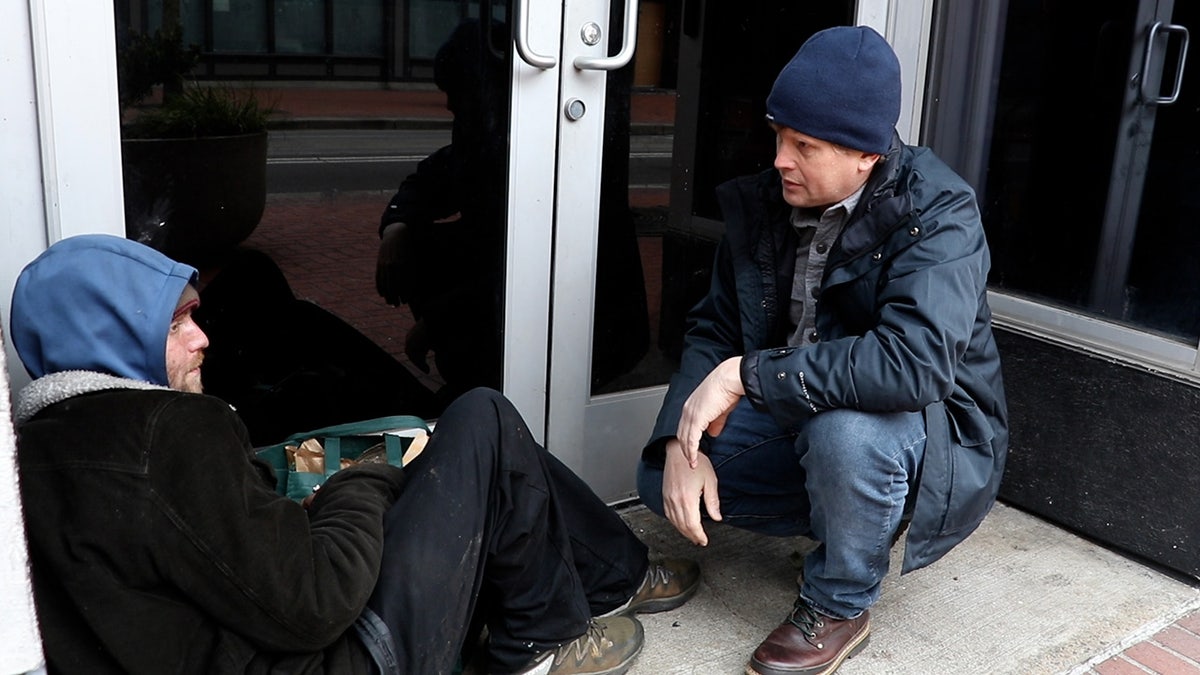The debate surrounding harm reduction strategies for drug users has intensified, transforming from a public health discussion into a cultural battleground. While proponents argue these methods save lives, critics express concern that they send the wrong message, potentially normalizing and even encouraging drug use.
Kevin Dahlgren, a drug and alcohol counselor in the Portland area, believes this goes beyond harm reduction, characterizing it as a social justice movement with a broader agenda. He suggests the ultimate goal is a society without traditional structures, where individual freedom to do "whatever you want" is paramount.

Harm reduction involves providing drug users with resources like clean needles, pipes, and naloxone, along with education about safer practices. Jose Martinez of the National Harm Reduction Coalition emphasizes that the aim isn't to condone or condemn drug use, but to prioritize safety and ensure users have a future. The focus, he says, is on preventing disease transmission and keeping individuals alive and as healthy as possible.
However, critics like Dahlgren are troubled by what they perceive as increasingly "happy" harm reduction methods. Examples include distributing meth pipes with Valentine's Day cards and a past poster campaign advocating drug use with friends. Dahlgren, who has documented the drug and homelessness crisis on the West Coast, argues that amidst the devastating fentanyl epidemic, there's no justification for seemingly encouraging drug use. He believes the harm reduction movement should unequivocally condemn fentanyl and its devastating impact.

Dahlgren points to a shift towards more permissive attitudes regarding drug use within the harm reduction community over the past few years, linking it to a broader societal trend of radicalization. He highlights Oregon's Measure 110, which decriminalized personal drug use and allocated marijuana tax revenue to addiction services, with a significant portion going towards harm reduction programs. Data reveals that harm reduction services received the most funding under this measure.
Dahlgren criticizes the positive atmosphere often found in harm reduction clinics, suggesting it creates a misleading impression for vulnerable addicts who may have impaired judgment. He argues that promoting a perception of drug use as acceptable or even enjoyable crosses a critical ethical boundary.

Comments(0)
Top Comments